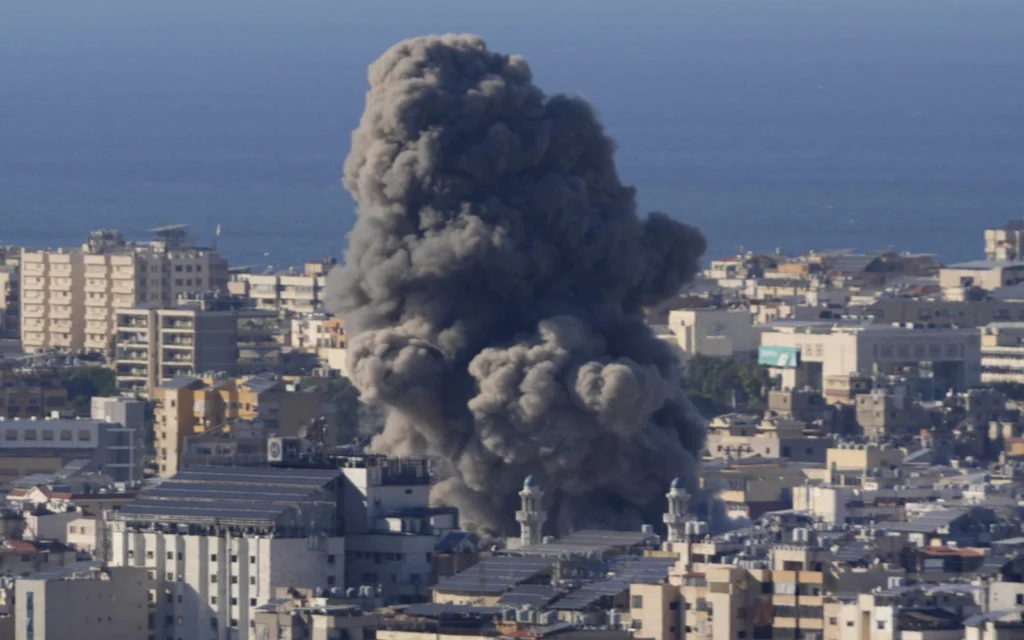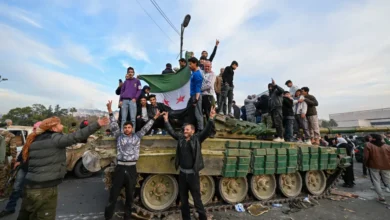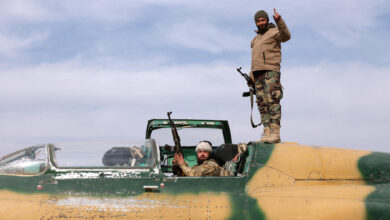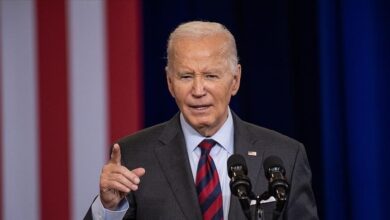
Israeli airstrikes targeted southern Beirut after issuing evacuation warnings to civilians, according to Lebanese state media. The strikes, carried out early Sunday, were focused on areas believed to be strongholds of Hezbollah, the powerful Shia militant group based in Lebanon. This escalation comes amid rising tensions between Israel and Hezbollah, exacerbating an already volatile situation in the region as Israel’s military campaign in Gaza continues.
Background of the Conflict
The strikes on southern Beirut follow a pattern of increasing hostilities between Israel and Hezbollah, which have been sporadically engaging in cross-border skirmishes since the onset of Israel’s military actions in Gaza. Hezbollah, a longtime ally of the Palestinian cause, has been vocally critical of Israel’s operations in Gaza and has pledged to support the Palestinian resistance. Although it has largely refrained from fully committing its forces to the conflict, recent weeks have seen an uptick in missile launches from southern Lebanon toward Israel, with retaliatory strikes becoming more frequent.
Evacuation Warning
Prior to the airstrikes, Israeli authorities issued evacuation warnings to residents in southern Beirut, urging civilians to leave the area. Such warnings are a part of Israel’s larger military strategy to minimize civilian casualties, although these measures are often criticized for not providing adequate time or safe routes for evacuation. The airstrikes were aimed at Hezbollah-controlled neighborhoods, which are often densely populated, making the evacuation efforts critical.
Hezbollah’s Response
In response to the strikes, Hezbollah vowed retaliation, but it has yet to clarify the scale or timing of its next moves. The group has maintained that it reserves the right to defend Lebanon against Israeli aggression and has repeatedly warned that any further escalation could lead to a wider regional conflict. Hezbollah’s leader, Hassan Nasrallah, has recently issued statements emphasizing solidarity with the Palestinian people and calling for coordinated Arab resistance against Israel.
Regional Implications
This latest round of violence between Israel and Hezbollah heightens fears of a broader conflict spilling over into Lebanon, a country already grappling with economic collapse and political instability. The possibility of a multi-front war involving Gaza, Lebanon, and other potential regional actors like Iran raises the stakes significantly. Israel has consistently warned that it will not hesitate to respond to Hezbollah with full force if the situation deteriorates further, which could lead to devastating consequences for Lebanon’s fragile state.
As the conflict continues, the international community, particularly the United Nations, has called for restraint from all sides, urging de-escalation to prevent a full-scale war in the region.




